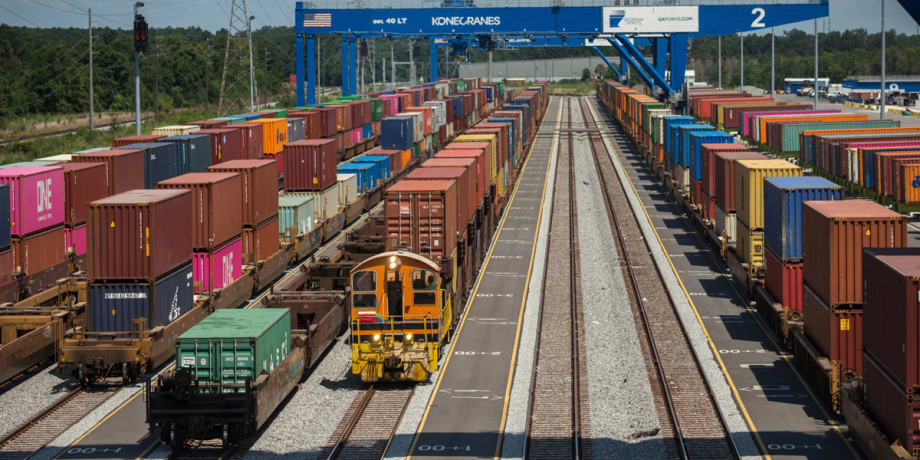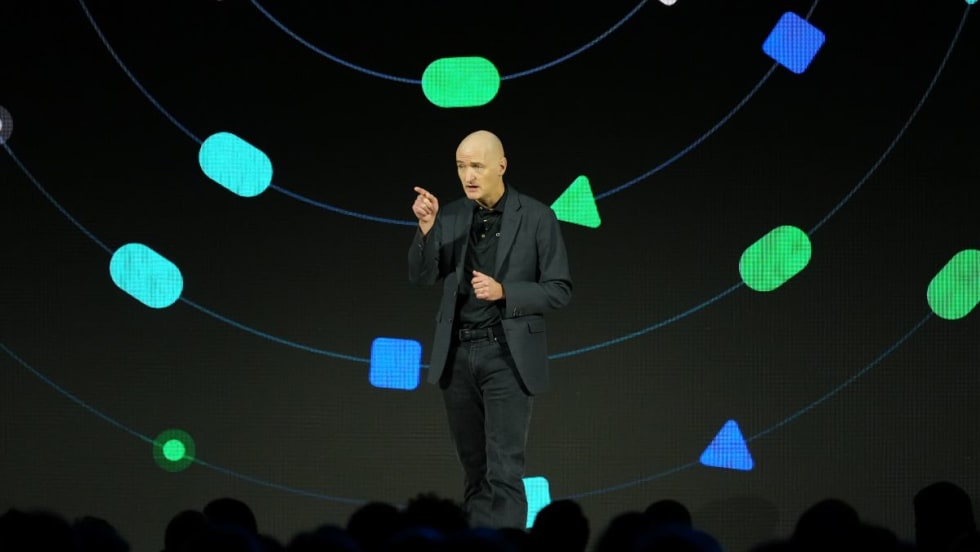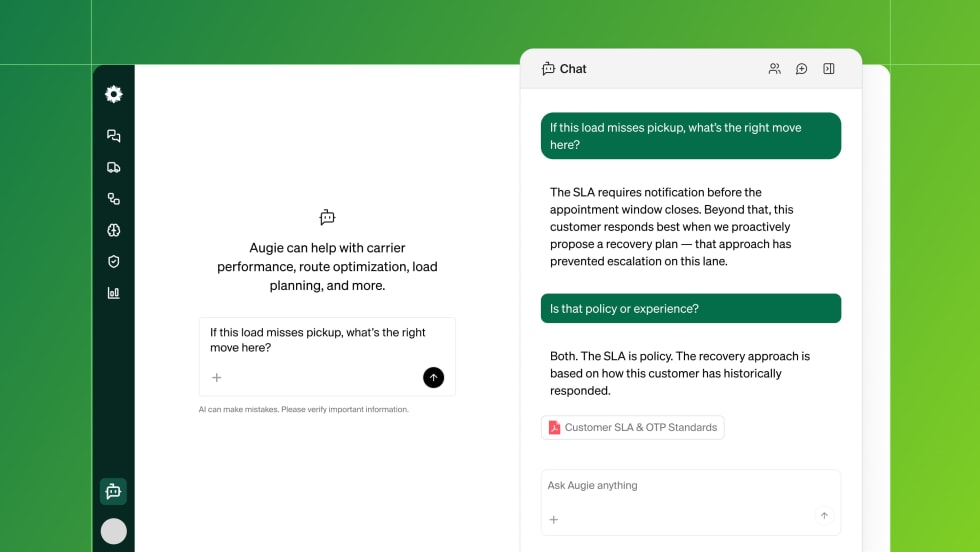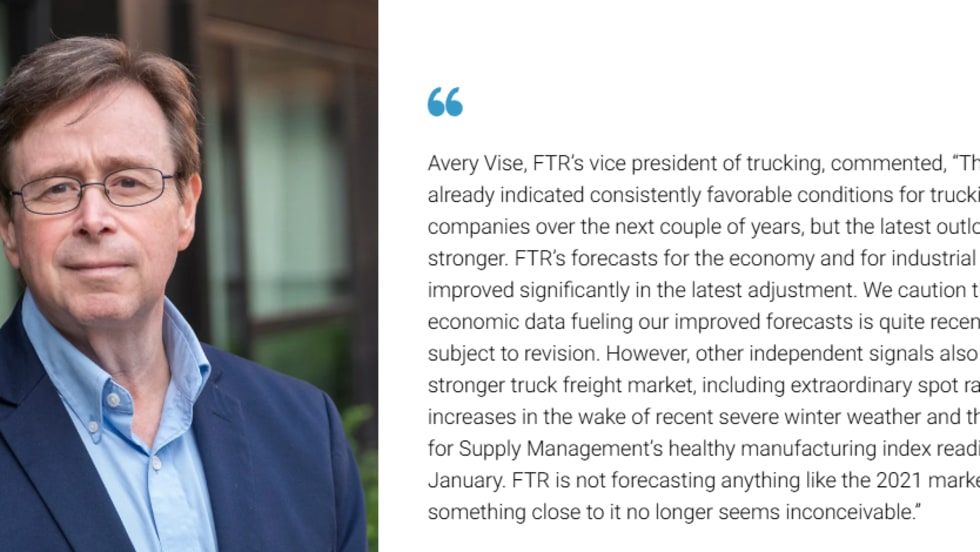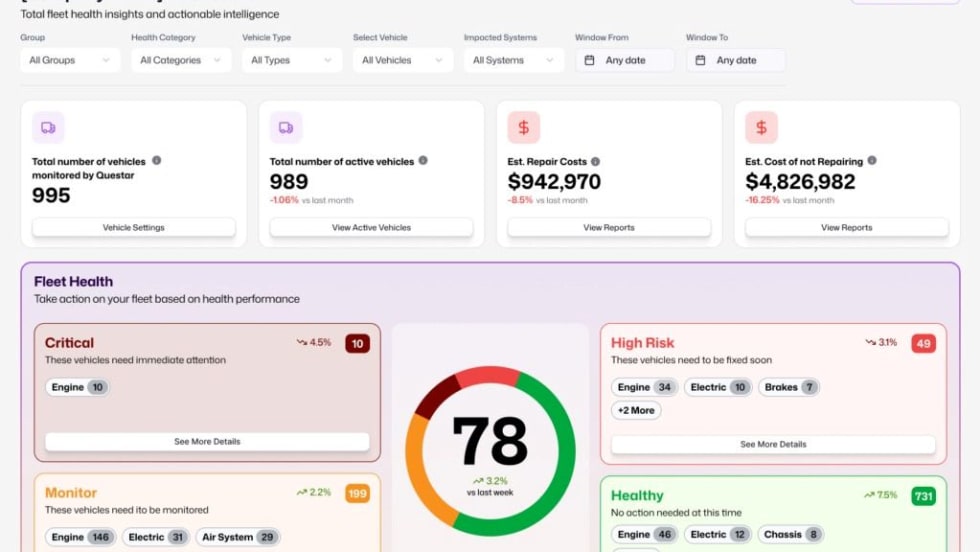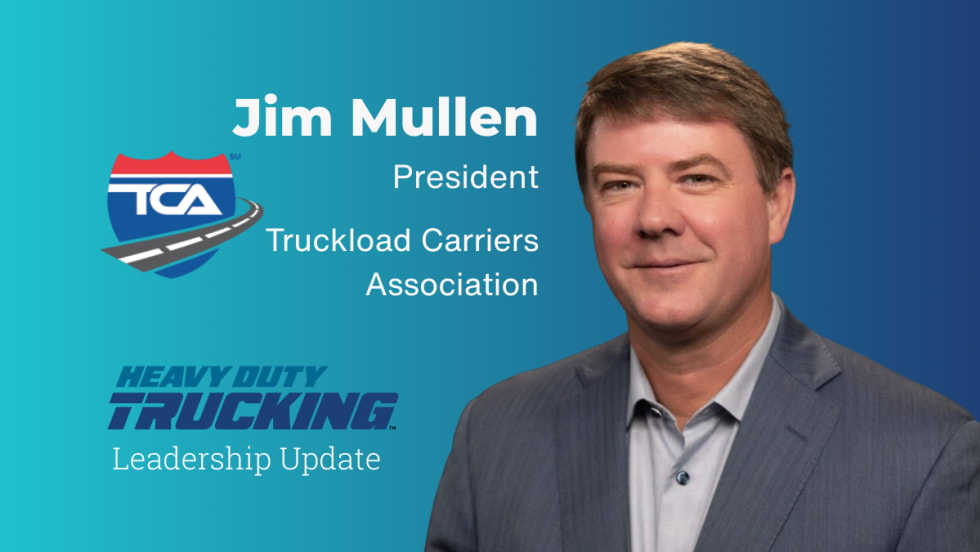On Dec. 1, the U.S. Senate passed legislation that would force a labor agreement between the nation’s freight railroads and its workers, effectively working toward aversion of a rail labor strike that many say would have a devastating effect on the economy and strain trucking operations.
The House moved the vote to Senate on Nov. 30, and now the legislation awaits a signature from President Biden, who is expected to sign it after days ago expressing the need for its urgent adoption.
“The trucking industry thanks Congress for acting swiftly to prevent what could have been a disastrous rail strike,” said ATA President and CEO Chris Spear in a statement. “Trains move critical goods like hazardous materials and fuel – including diesel which is already in short supply in numerous parts of the country. Any disruption to these critical supply chains would have been catastrophic for the economy and our industry.”
The measure was not passed with a package for seven-days of paid sick leave, which was a contention point for many of the union members who voted against its ratification in the first place.
The measure to offer paid sick leave was rejected 52-43 in Senate, however passed the House a day prior.
The SMART Transportation Division — one of the largest rail workers unions — said in a statement Wednesday it does not support Congress intervening in its collective bargaining negotiations to prevent a strike.
“We firmly believe in the workers’ right to fight for their own best interests, as well as the best interests of their families,” union officials wrote. “Unfortunately, threats to the economy have caused this Congress to believe that a strike aversion is the best course for this nation.”
Instead of intervetion, the union called for much needed sick leave, as well as relief from the effects of operations changes made by railroads. The union called out precision scheduling railroading in particular. PSR is essentially the practice of running fewer and longer trains with less workers. Many in the industry believe this operational change was the catalyst that led to the labor issues workers have faced in the last three to five years.




